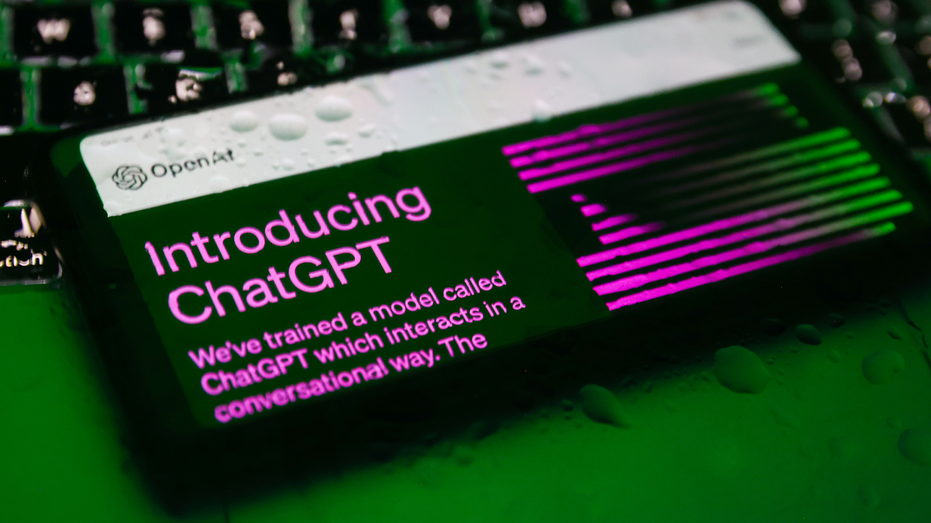
Writing jobs posted to Freelancer.com surged in the third quarter despite AI tools becoming more broadly available and integrated into workflows. ((Photo by Jaap Arriens/NurPhoto via Getty Images) / Getty Images)
"The reason we’re seeing a big jump in jobs is that maybe the small business owner goes out there, sees what can be done, understands what can be done, but then realizes I actually don’t have the time to do it myself, I’ll get someone to go do it for me," Barrie said.
"You think about the average small business owner, they come along, they learn about ChatGPT, they sit down and play with it, they go ‘wow, this pretty cool.’ But then the average small business owner is time-poor, they don’t have a lot of time to do this themselves," Barrie explained.
"They’re pretty amazed by it. They probably have a few breakthroughs in their mind in terms of, ‘Oh wow, I could get this to rewrite my technical manuals or I could get this to rewrite my marketing copy’ and they sit down and then they realize, well, they don’t want to give themselves a job doing this but they’re pretty excited about what they can do, so who are they going to turn to? You turn to an online freelancer."

AI tools like ChatGPT have shown small business owners how easy it can be do things like rewriting manuals or marketing copy which fueled the growth in writing and content jobs, Barrie said. ((Photo by Beata Zawrzel/NurPhoto via Getty Images) / Getty Images)
Barrie said the proliferation of AI tools has been a boon for freelancers who can use them to become "super skilled" by leveraging those tools to boost their capabilities for tasks that they were less capable of completing previously.
"AI is actually phenomenal for freelancers because now if you’re a marginal copywriter, you can use the tools and become super skilled," Barrie said. "If you’re an average designer… you can jump into Midjourney now and boost your skills to an elite level."

AI tools are allowing freelancers to become "superskilled" by broadening their talent base to take on more projects, Barrie said. (iStock / iStock)
As AI tools become more capable of accomplishing basic tasks, workers in a variety of professions will need to harness those tools to broaden their base of skills to move up the stack of the value chain.
"I think we’re going to see things go up the stack quite dramatically. I think designers are going to become more directors, copywriters will become more editors, programmers will become more product managers and I think all jobs will go up the stack," Barrie said.
"People need people to drive the tools, at the end of the day. And also the tooling is not perfect. It does some pretty amazing things, it’s a pretty amazing leap to productivity but someone needs to then look at the output, make sure there are no hallucinations, do the editorial – maybe package it up in a certain way, put it somewhere on the website, log in and put it into the CRM system – there’s other work that’s involved that at this point in time, ChatGPT is not able to do, for example."
"I think there’s a lot of parallels seeing the emergence of AI and what happened with the initial emergence of freelancing a couple of decades ago. When freelancing first came out, you had access to a very, very wide range of low-cost talent that you only pay for on demand. Freelancers can do anything for you, any skill area."
"The same thing is happening with AI, you’ve got another step up here where you’ve got AI that can do a whole range of skills and do it for low cost, even cheaper than that," Barrie said. "Ultimately, there are quite a number of gaps in the tooling and will be for some time to come, so it’s not so much, ‘AI will steal your job,’ it’s ‘the guy using the AI will is going to steal your job.’"


